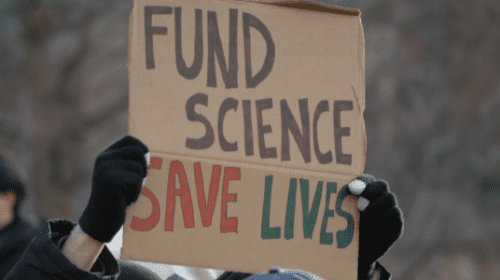Even as COVID-19 continues to limit in-person contact, there are still plenty of ways to experience the benefits of giving back in recovery during the holiday season. If you or someone you love has managed to overcome alcohol or drug addiction and enter recovery, gratitude quickly becomes part of your everyday life and values system. You fully understand what you lost, what you’ve gained and how far you’ve come in recovery, and you have unique perspective about how quickly even the most stable lives can unravel. There is, perhaps, no better time than the holidays to use this perspective to give back to the recovery community, and in general.
Why Should I Give Back during the Holidays?
- You Know What It’s Like – Whether they’re struggling financially, are sick with serious illness or facing any other type of obstacle, many people need help during the holiday season. The holidays are supposed to be a time of comfort and happiness, but for many they’re a reminder of what they’ve lost or what they can’t do. If you or someone you know is in recovery, it’s likely that you can relate to this struggle, first-hand.
- Doing Good Is Good for You – If there is, in fact, a such thing as a selfless act, your brain and central nervous systems certainly don’t know it. Data from Cedars Sinai indicates that helping others boosts mood-elevating chemicals in the brain, like dopamine, oxytocin and serotonin. There is also a growing body of research that suggests that acts of kindness can help treat conditions, like depression and anxiety. Data from Dartmouth illustrates that helping others also releases endorphins, which can actually relieve pain and can even be helpful in lowering blood pressure.
- Make Friends…with Yourself and Others – Giving back in recovery during the holidays, and throughout the year, increases your self-esteem and helps you build new social connections. By working together with others toward a common goal of helping people, you’re making ready-made connections with people who you know, at least partially, share your values.
- Even More Perspective – Helping someone who was once in your situation can help you to appreciate how far you’ve come in your own recovery and life. It’s also a way to lend your unique experience and life lessons to guide someone who is struggling toward potentially lifesaving treatment.
How Can I Give Back during the Holidays?
While the pandemic has made it a little harder for people in recovery to roll up their sleeves and give back during the holidays, there are still many things you can do:
- Organize a virtual meeting.
- Coordinate an online intervention for a friend who needs it.
- Offer to be someone’s sponsor.
- Coordinate virtual sober holiday celebrations.
- Offer to drive someone to a meeting (wear a mask and make sure they have a recent negative test result).
- Start a toy drive or other charitable event for your favorite recovery organization of your choice.
- Buy someone a recovery-themed book as a holiday gift.
You can also just let someone close to you who is struggling know that you’re there to help them. You can donate blood, volunteer to help feed the hungry, sponsor a family to buy gifts and food for and much more. The holidays represent a special opportunity to give back in recovery, and in general, and they can remind us of how lucky we are and how hard we’ve worked. If you or someone you know is struggling with addiction this holiday season, give yourself and the people who care about you the gift of your recovery, starting with going to treatment. Contact the admissions team at Recovery Unplugged today to start your treatment. Become part of our alumni community and find ways to keep giving back year-round.

























